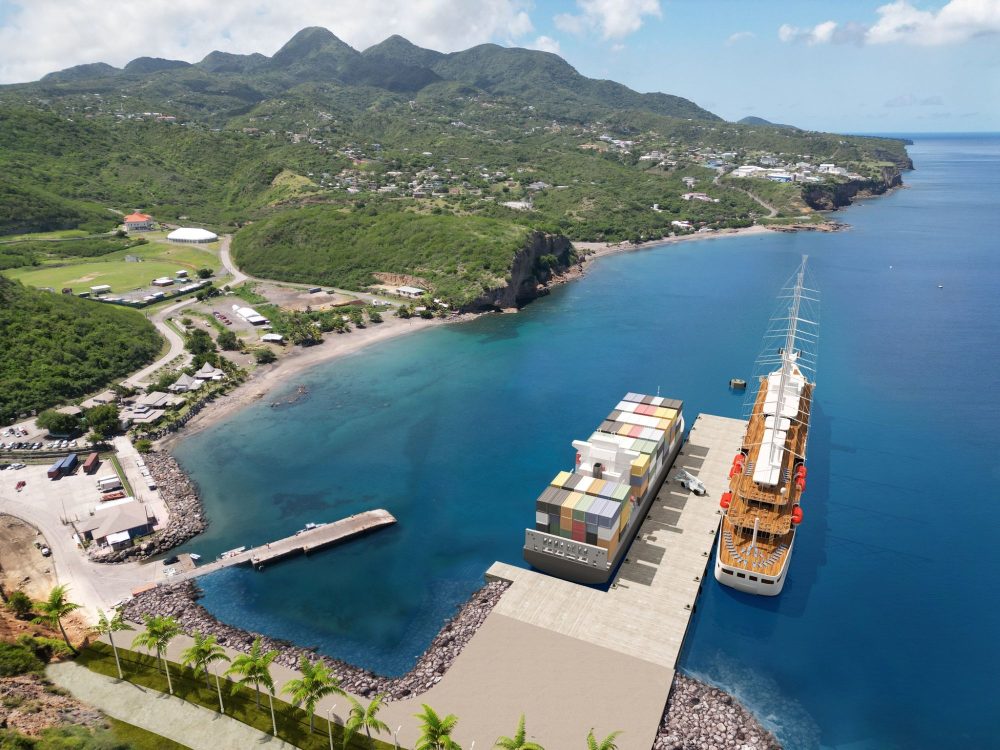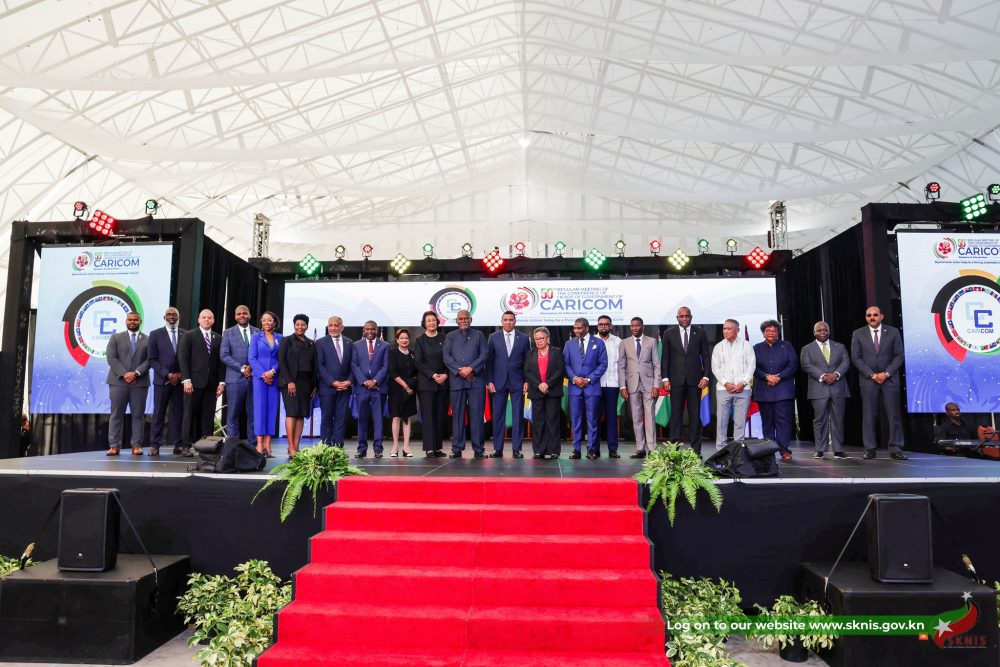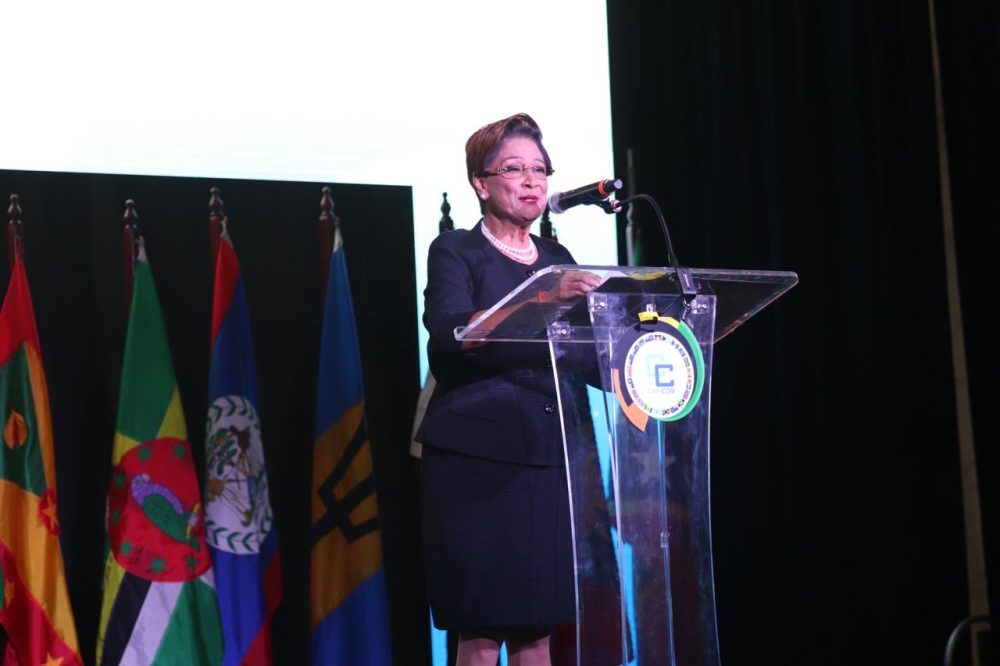
LITTLE BAY – The Waitt Institute and scientists from Sustainable Fisheries Group (SFG) spent two weeks on Montserrat and Curaçao last month collecting data on local fish catches to analyze the status of the fisheries and inform future management decisions as part of the Blue Halo Initiative.
SFG scientists, Lennon Thomas and Katherine Siegel, worked with local government staff, fishermen, scientists, and Waitt Institute Science Manager, Andy Estep, to collect detailed information on the species and sizes of the fish caught. Thomas and Siegel also observed fishing techniques first-hand on both islands by joining local fishermen on their regular fishing trips.
“Visiting landings sites and working with local officials and fishermen helps us understand the context of our data and the analyses that we will conduct,” explained Thomas. “Building these relationship with local stakeholders will help facilitate our work with the Blue Halo Initiative over the next few years.”
Blue Halo Montserrat and Blue Halo Curaçao, formally launched in February 2015, as partnerships between the Waitt Institute and the local government to envision, design, and implement comprehensive ocean zoning and fisheries management. The data collected by SFG will be shared with the local governments and used to inform the development of sustainable ocean policies .
Collecting this data is a critical step to better understand local fisheries. In total, 385 individual fish were measured on Montserrat and 788 on Curaçao. This fisheries research will continue over the next years to provide a deeper understanding of the fish catches now and how they have changed over time.
“It’s exciting to see local stakeholders working side by side with fisheries scientists,“ said Estep. “These types of relationships are the building blocks to secure a sustainable ocean future as part of the Blue Halo Initiative.”
Discover more from Discover Montserrat
Subscribe to get the latest posts sent to your email.



